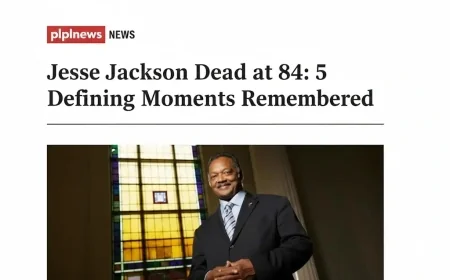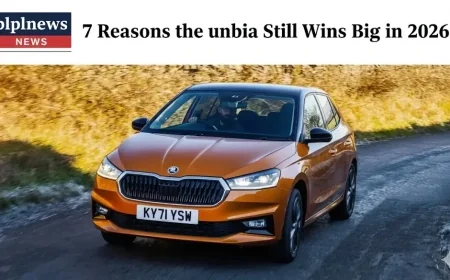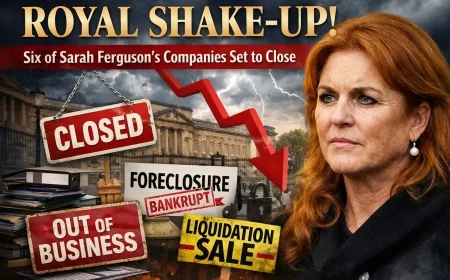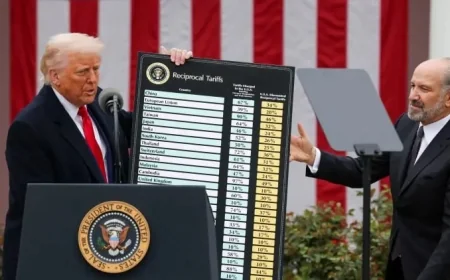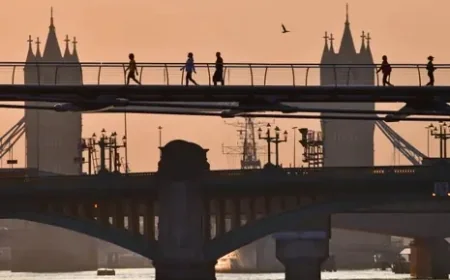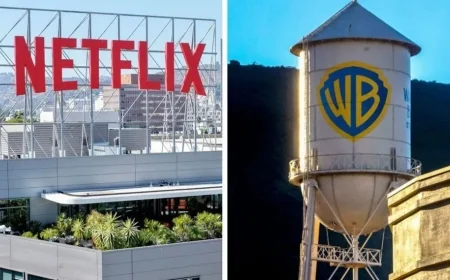Lib Dems urge 5% VAT cut to help pubs and restaurants
The Liberal Democrats are demanding a 5% VAT cut in this month's budget to help Britain's struggling hospitality sector and its struggling customers.
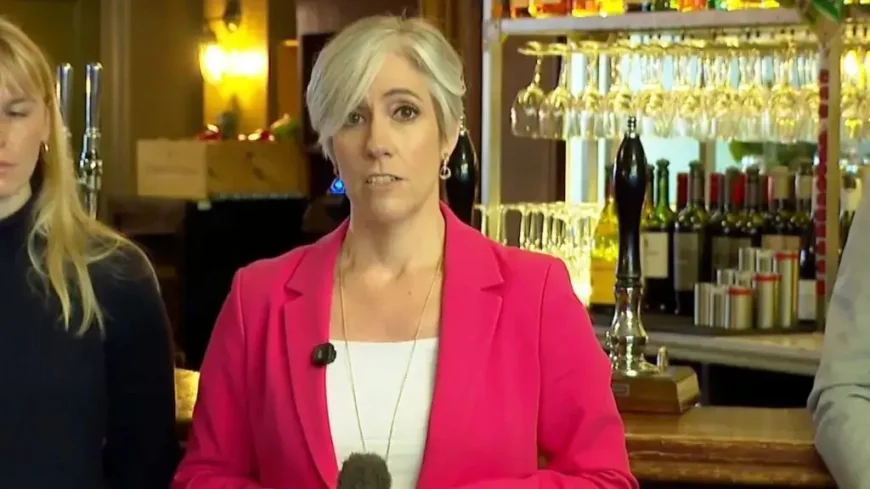
Deputy leader Daisy Cooper has urged the Chancellor to reduce VAT from 20% to 15% to boost footfall in Britain's pubs, restaurants, and entertainment venues.
She said they are facing a "cost of doing business crisis" and need intervention to help people afford "small pleasures" like dining at restaurants.
The party says the move could be funded by a new "windfall" tax on big banks, originally proposed by the IPPR think tank. Cooper claims this could raise a total of around £30 billion between now and 2030.
According to a recent survey by More in Common, more than half of people believe that going to a pub or restaurant is no longer affordable.
Cooper said: "People are working with their nose to the grindstone all month and have next to nothing left over after sky-high bills and spiralling food prices.
"In years gone by people knew they could look forward to fish and chips with their family on a Friday night or a weekend trip to the cinema.
"Now those small joys – the ones that make life worth living – are becoming an unaffordable luxury for too many."
Cooper, who is also the party's Treasury spokesperson, said he expects hospitality companies to pass on about half of the tax savings to consumers, based on experience with previous VAT cuts.
He said the party considers this "acceptable for the time being," adding that the party wants the sector to "thrive," and that it is a major employer of young people and those looking for flexible work.
Chancellor Rachel Reeves may break the Labour Party's manifesto commitment not to increase income tax, VAT, or National Insurance in her budget later this month, and has suggested she will remove the two-child benefit cap.
She is not expected to cut VAT. The Treasury has been contacted for its response to the Liberal Democrats' policy proposal.
The Liberal Democrats are also calling on the Chancellor to cut energy bills by about £90 per year by abolishing the main renewable energy tax. It is claimed that this will reduce energy bills to the second lowest level since the energy crisis began in 2022.
The party says its two-pronged approach can be implemented immediately over the next 18 months and will save the average household 270 pounds by April 2027.
The party said the package would cost 12 billion pounds, with VAT cuts costing 7.5 billion pounds and replacing the current Renewable Energy Obligation tax with 4.5 billion pounds.
The windfall tax on large banks is estimated to generate around 7 billion pounds per year for the Treasury.
Cooper also called for a tax on large banks to fund a 2 billion pound capital investment for a new Energy Security Bank, which would include funding for green energy home loans.
Liberal Democrat Party sources said their Energy Security Bank would take two years to establish, placing its launch in the 2027-28 financial year, and would use part of the remaining £18 billion raised from the levy between April 2027 and April 2030.
Reducing energy bills is a key focus of all major parties, and the Liberal Democrats are now joining the Conservatives in calling for the abolition of the Renewable Energy Obligation.
The Green Party, like the Labour Party, is strongly focused on eliminating oil and gas use, but Reform UK wants to completely eliminate clean energy targets, tax renewable energy, and resume the use of fossil fuels and fracking.
The Labour Party is focused on expanding renewable energy to fulfill its manifesto promise of cutting energy bills "by up to £300 by 2030" and ending Britain's dependence on fossil fuels, particularly from countries like Russia.
What's Your Reaction?
 Like
0
Like
0
 Dislike
0
Dislike
0
 Love
0
Love
0
 Funny
0
Funny
0
 Angry
0
Angry
0
 Sad
0
Sad
0
 Wow
0
Wow
0




